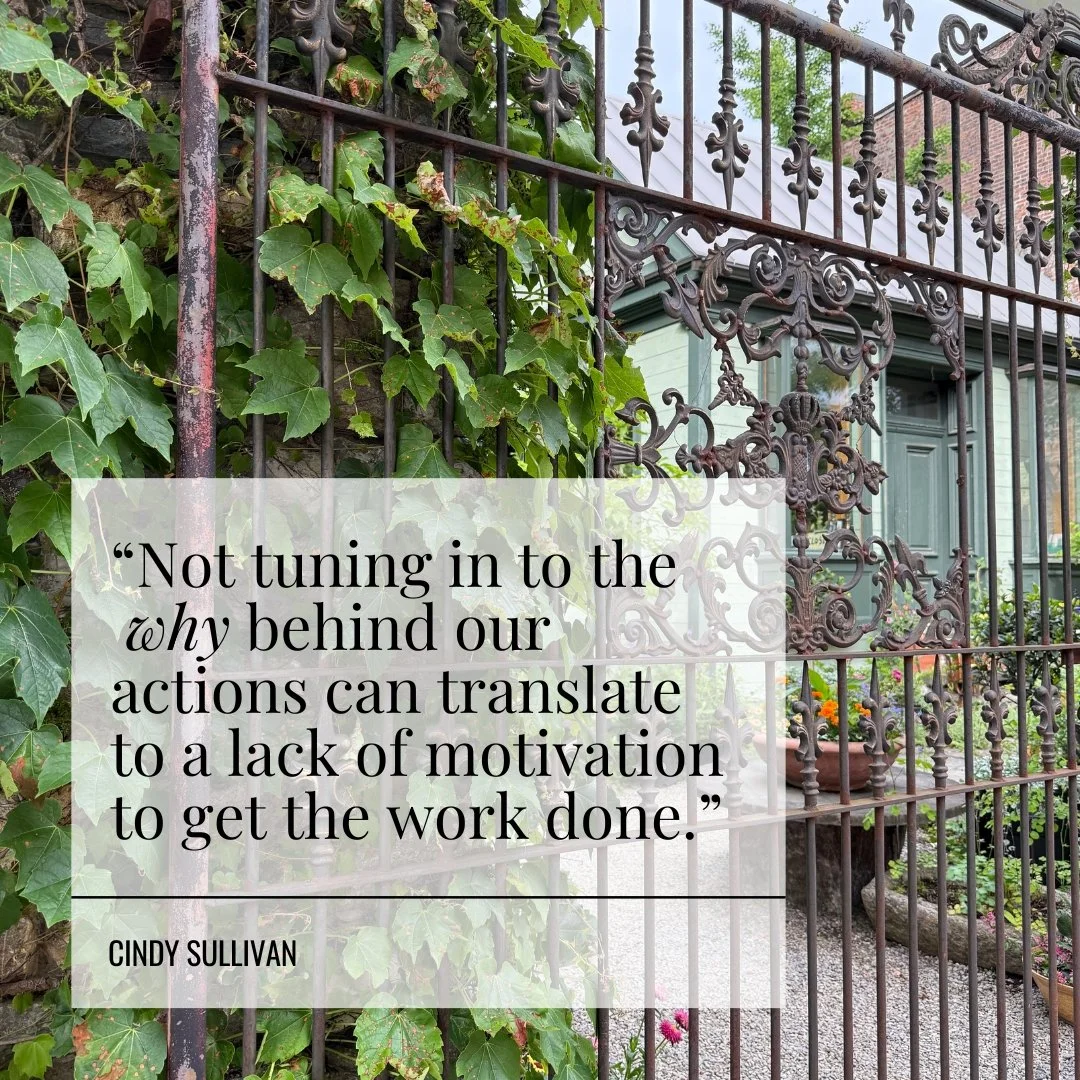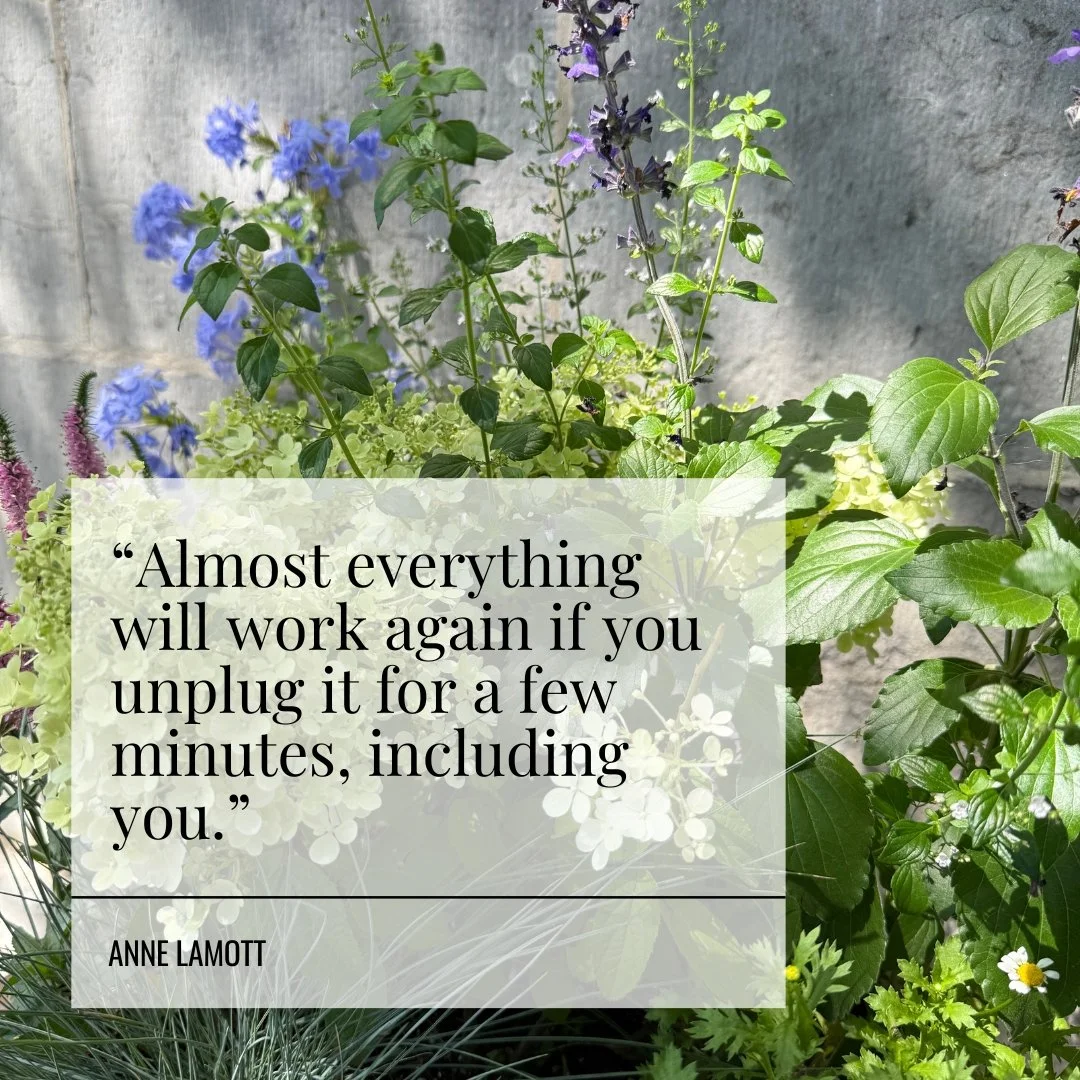Motivation. Where is it when we need it? Where does it come from? You’ve probably experienced times when you felt highly motivated. On the other hand, you’ve likely gone through periods of low motivation.
There is a motivation spectrum, and it’s helpful to recognize that:
Motivation isn’t guaranteed.
Motivation needs to be cultivated.
Motivation goes through cycles.
Motivation thrives on clarity.
Motivation isn’t always instant.
Motivation responds to progress.
Motivation strengthens with purpose.
Motivation is restored by pauses.
Motivation can be reactivated.
Motivation flourishes with satisfaction.
Motivation grows through resilience.
Based on my personal experiences and working with my virtual organizing clients, I have identified five factors that most often disrupt motivation. They are:
Feeling overwhelmed.
Lacking clarity.
Being exhausted.
Having unrealistic expectations.
Not having support.
When you face a motivational challenge, use this list of quotes and ideas to help identify what you need at that moment.
7 Powerful Motivation Quotes to Feel Inspired When You Need It Most
1. Motivation needs to be cultivated.
You may experience a burst of energy, providing the motivation to get started. However, that’s not enough. Developing consistent habits encourages progress and increases motivation.
As Jim Ryan says, “Motivation is what gets you started. Habit is what keeps you going.”
2. Motivation thrives on clarity.
One of the most common motivational challenges is not being clear about the driver behind your actions. Without defining your ‘why,’ it becomes difficult to build and maintain motivation.
Cindy Sullivan says, “Not tuning in to the why behind our actions can translate to a lack of motivation to get the work done.”
3. Motivation responds to progress.
Don’t underestimate the power that making progress has on increasing your motivation. Redefine what progress means. It can include taking small steps, getting support, and acknowledging your wins.
Greg McKeown says, “Research has shown that all forms of human motivation, the most effective one is progress.”
4. Motivation strengthens with purpose.
Striving to reach a goal can be either motivating or de-motivating. If the goal is unreachable, you’ll probably feel less motivated. If your goal is right-sized, doable, purposeful, yet challenging, it will strengthen your motivation.
Ari Tuckman, PsyD, says, “Goals that feel impossible are de-motivating. Much better is a goal that may feel like a stretch, but is still possible – and actually worth the effort.”
“Motivation responds to progress.”
5. Motivation can be reactivated.
Exhaustion and overwhelm can derail motivation. The good news is that pausing and stepping away from your task to reenergize can reignite your motivation. Struggle no more. Is it time to take a quick break?
Anne Lamott says, “Almost everything will work again if you unplug it for a few minutes, including you.”
6. Motivation flourishes with satisfaction.
Have you considered how satisfaction influences motivation? There is joy and gratification in reaching your goals. This pursuit, along with the positive results you experience, nourishes your motivation.
Cassie Holmes, Ph.D., says, “Being a goal-driven species, we aren’t motivated merely by pleasure itself; we also gain pleasurable satisfaction from our accomplishments.”
7. Motivation grows through resilience.
No journey or pursuit happens without challenges. There will be hiccups and obstacles along the way. Keep pushing forward despite setbacks. Your motivation will grow stronger because of your resilience.
Japanese proverb says, “Fall seven times. Stand up eight.”
Why Does Motivation Matter?
Motivation comes in many strengths, from low to high and everything in between. When your motivation is fully in gear, it can feel like you’re in a state of flow. Obstacles are non-existent or easily solved. However, when motivation is low, it feels more like you’re walking through molasses. Even taking a small step can feel impossible.
It’s helpful to understand and develop motivation strategies. What inspires you most when your motivation is low? Which idea or quote resonates most with you?
I’d love to hear your thoughts. I invite you to join the conversation.
How Can I Help?
Do you need support with motivation, activation, or organization? I’d love to help! Virtual organizing is an extraordinary path forward – Local feel with a global reach.
Let’s talk. You can:
Email me at linda@ohsorganized.com or
Call 914-271-5673
Organizing and sustaining motivation is possible, especially with support.












